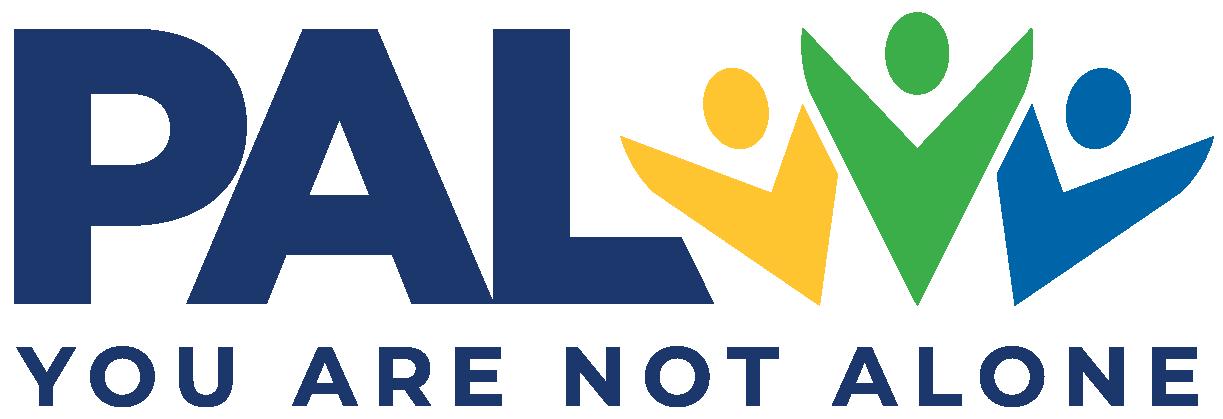
When I first got sober, I thought I had crossed the finish line. I had fought the battle against substances, surrendered to the reality of the powerlessness of my disease, and made the decision to start over. What I didn’t realize at the time was that sobriety wasn’t the end of the race—it was just the beginning. The real work wasn’t about putting down the drink or the drug. It was about untangling the deeper threads that had been woven into my life long before I ever picked up a drink or a drug.
I always believed the substance was the problem. If I could just remove it, everything else would fall into place. But what I’ve come to understand now is that the substance was never the true issue. It was simply the vehicle that brought me to my breaking point—the rock bottom I needed in order to begin rebuilding on a firm foundation. At the root of my struggle was something much deeper: codependence.
For years, I operated under the illusion of control. I thought if I could just manage the people around me—if I could fix, save, or anticipate their needs—I could avoid pain. I believed my worth was tied to my ability to be everything for everyone. This way of living wasn’t just exhausting; it was unsustainable. And when I couldn’t control things, when life didn’t go according to plan, I turned to substances as a way to cope.
Sobriety stripped away the numbing effects of alcohol and drugs, exposing the patterns I had never fully acknowledged. My codependence didn’t disappear when I stopped using—it manifested in new ways. I found myself still trying to control outcomes, still afraid of uncertainty, still measuring my value based on how much I could give. The difference now? I no longer had a substance to drown it out. I had to face it head-on.
Recovery has been an ongoing lesson in surrender. I am learning, one day at a time, to let go. To accept that I cannot manage every situation or dictate how others respond to me. To trust that I am enough, even when I’m not holding everything together. Letting go doesn’t mean giving up—it means making space for something greater. For freedom. For peace. For a life I no longer feel the need to escape from.
This journey isn’t linear. Some days, I get it right. Other days, I slip back into old patterns. But I keep showing up. I keep learning. And in doing so, I am finally starting to experience what true recovery is all about: not just sobriety, but healing. Not just surviving but truly living.
For anyone else walking this road, know this—you are not alone. The work is hard, but the freedom on the other side is worth every step. Keep going. Keep letting go. And trust that the life you are building is one worth fighting for.
Staying in the fight
-Jamie, in Recovery

I’ve been in Alanon for 20 yrs, I had a sponsor, I was a sponsor of 3, now I have 2 more sponsees. My son is a severe addict. He’s only 35, looks like hell and is rotting away, he’s on fetanyl. He’s been in jail at least 70 times. I don’t bail but I do give commissary. Do I need to stop, pull away and let him drown or swim. I am all he has in the world. He is my only child. I have no one else
Very sorry to hear that is happening. Also apologize, our system was not notifying us of comments to approve. PAL meetings are specifically for parents dealing with this issue. I think you will find many others with similar experiences willing to share their experiences and what has worked. Also each week there is an educational topic that is covered to help with education on how understand and respond to this disease.